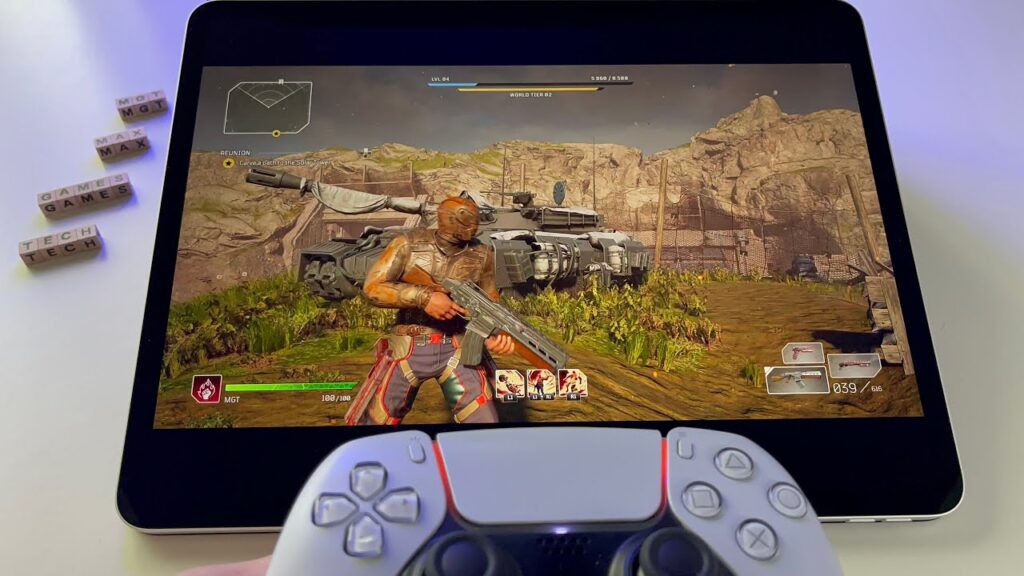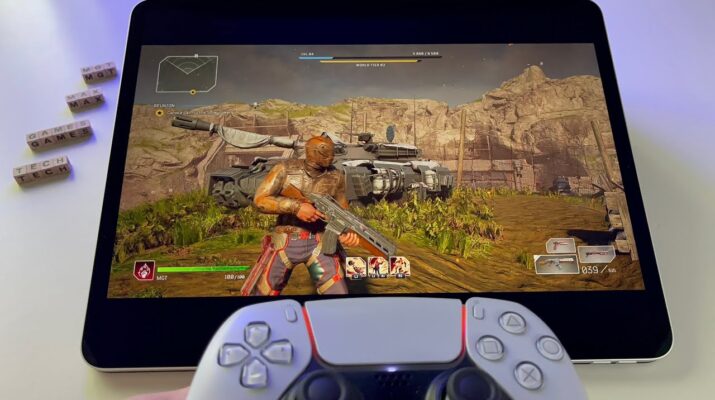With the increasing popularity of mobile gaming, many developers are exploring the possibility of bringing successful PC and console games to mobile devices. However, porting games from traditional platforms to mobile presents unique challenges and considerations. This article outlines best practices for successfully transitioning PC and console games to the mobile environment while maintaining quality and player satisfaction.

Optimize User Interface and Controls Pc or Console gaming
The user interface (UI) and controls play a crucial role in the mobile gaming experience. When porting games to mobile, developers should optimize the UI for touchscreens and ensure intuitive and responsive controls. Simplify menus, buttons, and on-screen prompts to accommodate smaller screens and touch-based interactions. Implement customizable control schemes to cater to different player preferences and playstyles.
Streamline Gameplay and Sessions from PC or Console Gaming
Mobile gaming sessions are typically shorter and more fragmented compared to PC and console gaming. Design gameplay mechanics and level structures that accommodate brief play sessions and on-the-go gaming. Implement save points, checkpoints, or auto-save features to allow players to seamlessly resume their progress across sessions. Additionally, consider incorporating features like quick-save and quick-load to enhance the mobile gaming experience.
Optimize Performance and Resource Usage
Mobile devices have hardware limitations compared to PCs and consoles, requiring careful optimization of performance and resource usage. Optimize game assets, textures, and rendering techniques to achieve optimal frame rates and visual quality on mobile devices. Implement dynamic quality settings and resource management algorithms to adapt to varying device capabilities and ensure a smooth and consistent gaming experience across different hardware configurations.
Adapt Monetization Models and Business Strategies
Mobile gaming monetization models differ from those of PC and console games, requiring developers to adapt their strategies accordingly. Explore monetization options such as free-to-play with in-app purchases, subscription-based models, and rewarded ads that align with the preferences and spending habits of mobile gamers. Implement fair and transparent monetization practices that provide value to players while generating revenue for the game.
Utilize Cross-Platform Integration and Connectivity
Leverage cross-platform integration and connectivity features to enhance the multiplayer and social aspects of mobile games. Implement cross-platform multiplayer functionality that allows mobile players to compete or collaborate with users on other platforms. Integrate social media sharing, leaderboards, and achievements to foster community engagement and encourage social interaction among players across different platforms.
Conduct Extensive Testing and User Feedback
Testing and user feedback are critical to identifying and addressing issues during the porting process. Conduct extensive testing across a wide range of mobile devices, screen sizes, and operating systems to ensure compatibility and performance consistency. Solicit feedback from beta testers and early adopters to gather insights into usability, performance, and overall player satisfaction, and iterate on the game based on user input.
